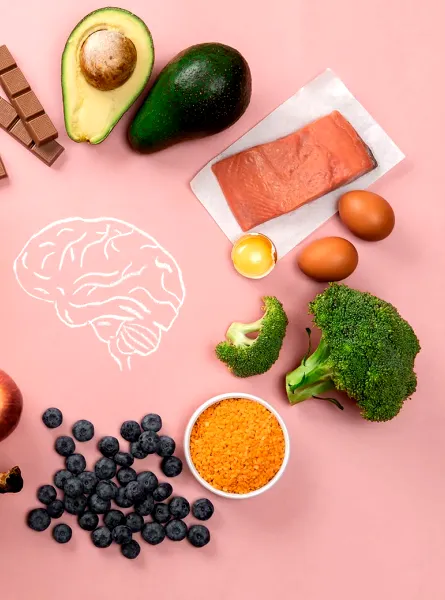
Who hasn't been confused by the tons of information about food that can be found on the web? The expression "too much is like not enough" takes on its full meaning! Here are a few tips on how to avoid being fooled when trying to find answers to our questions about food and nutrition on the web!
From the lab to our ears
Between the studies that are published in major scientific journals and the new trend that we can see on social media, there is a lot of ground that has been covered!
Let's do a fictional exercise together: let's take red wine and life expectancy. A team of researchers could do a laboratory experiment and discover that polyphenols (small bioactive molecules) extracted from red wine would be able to delay the death of some cells by 2 nanoseconds. Interesting, isn't it? Well, a few months later, we could probably see on social networks a shocking news article with the title "Drinking wine every day increases our life expectancy by 5 years!" (which is different from what the study found). Do you see the difference? So we must remain vigilant!
To help us sort out the truth from the falsehoods on food advice, here are 5 questions to ask ourselves…
1- Is it a reliable source?
Is the person giving the information qualified and unbiased? If it's a mainstream website, does the company deal with qualified health professionals? Unfortunately, this is not always the case. To help us, we can always look at whether the person giving the advice is accountable to a professional order (whose mission is to protect the public), such as the College of Dietitians of Ontario.
2- Is this source selling something?
Advice about diet (and even supplements) is everywhere on social media. If the person giving the advice, no matter how informal, is earning a certain amount of money talking about a particular product, their advice usually deserves to be confirmed by a reliable source!
3- Is it backed by science?
You don't have to be a science expert to doubt some of the nutritional information found online! Make sure to always check the references on which the statements are based. The important thing is to remain critical.
4- Does it require me to eliminate many foods?
Generally, when a person, a website or a company recommends that we remove several foods or food groups from our diet without a valid reason (e.g.: an allergy), we can doubt the validity of the advice. All foods are allowed!
5- Is it for weight loss?
In 2022, the social pressure to achieve a certain ideal of beauty is enormous. Unfortunately, companies or personalities sometimes capitalize on our insecurities to sell us certain supplements or diets. Once again, it is important to be vigilant!
It can sometimes be difficult to navigate through all the information on the web about food and nutrition. Fortunately, dietitians can help us sort out what is true and what is not, while meeting our individual needs!





